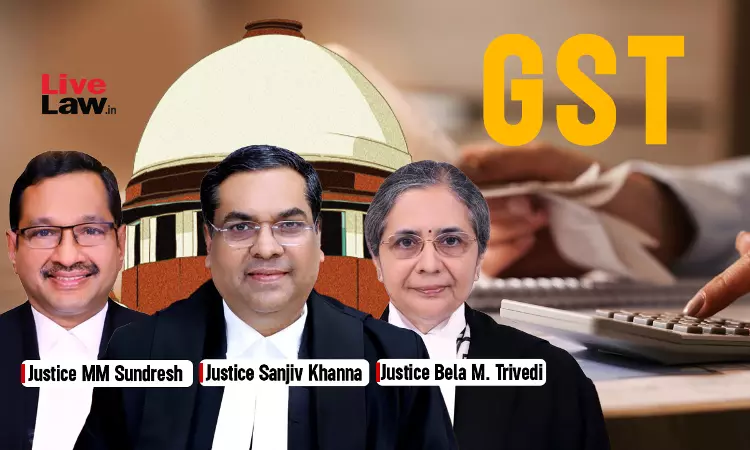Supreme Court Upholds Constitutionality Of GST Act Provisions On Arrest & Summons
LIVELAW NEWS NETWORK
27 Feb 2025 10:08 PM IST

The Court held that the power to arrest and summon was incidental to the power to levy and collect tax.
Next Story
27 Feb 2025 10:08 PM IST
